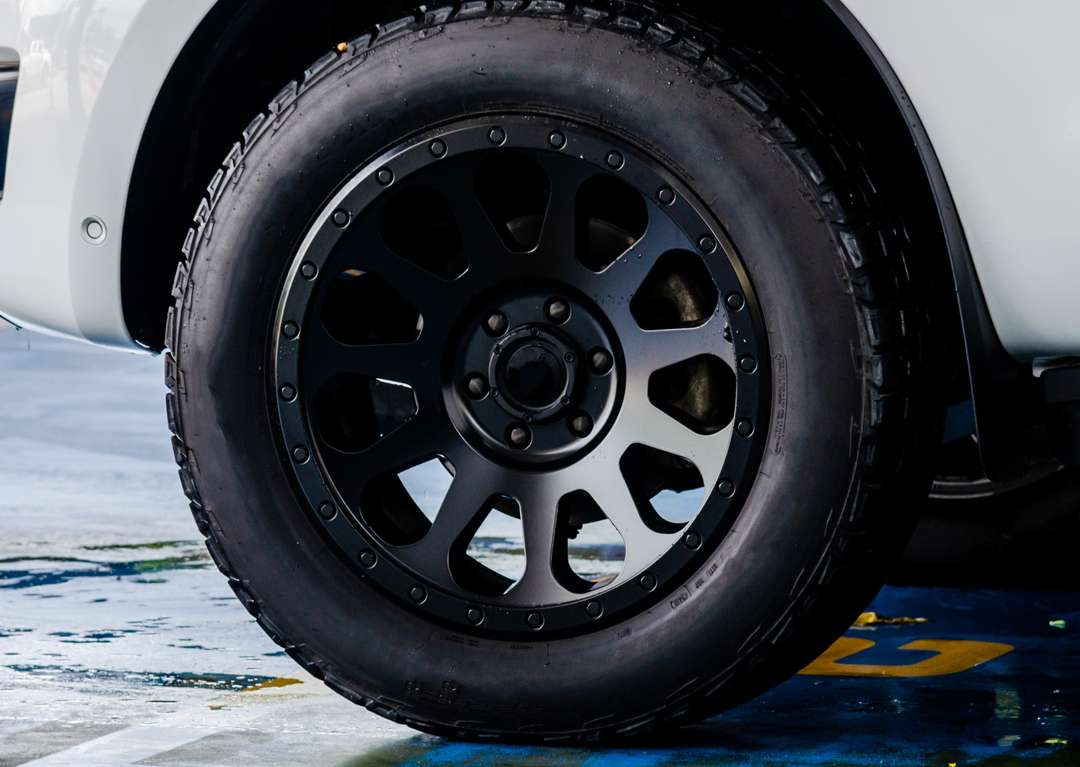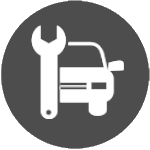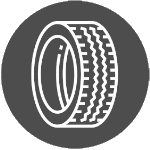Tire Rotation: How to Prevent Premature Tire Tread Wear
If you want to make sure your tires last as long as possible, it’s important to perform a tire rotation. Tire rotations are simple and easy ways to prevent premature tire tread wear. By moving the position of your tires, you can ensure that they wear evenly. This not only prolongs the life of your tires but also helps improve traction and handling, as well as fuel economy. It’s important to consult your owner’s manual or a professional mechanic to determine the best tire rotation pattern for your vehicle.
Tires are subject to a great deal of wear and tear during their lifetime. The most common type of tire wear is simple tread wear. This is the result of the continual contact between the tire and the road surface. Over time, this contact will cause the tire tread to slowly degrade. If you want to avoid premature tire tread wear, it’s important to perform regular tire rotations.
By moving the position of your tires, you can ensure that they all experience evenly distributed wear and tear. This simple act can save you money in the long run by prolonging the life of your tires. So if you want to keep your car running smoothly and efficiently, be sure to rotate your tires on a regular basis.
Tire rotations are an important part of regular car maintenance. By rotating your tires, you can prevent premature tire tread wear and save money in the long run. But what exactly is a tire rotation? Keep reading to find out everything you need to know about tire rotations, including how they work and why they’re important.
A tire rotation is a simple and easy way to ensure that your tires last longer. It involves moving the position of your tires so that they wear evenly. This helps prevent uneven tire wear, which can lead to premature tire tread wear. Rotating your tires also helps to improve traction and handling, as well as fuel economy. The simple act of rotating your tires can save you money in the long run by prolonging the life of your tires.
It’s important to consult your owner’s manual or a professional mechanic to determine the best tire rotation pattern for your vehicle. Tires are subject to a great deal of wear and tear during their lifetime. The most common type of tire wear is simple tread wear. This is the result of the continual contact between the tire and the road surface. Over time, this contact will cause the tire tread to slowly degrade.















